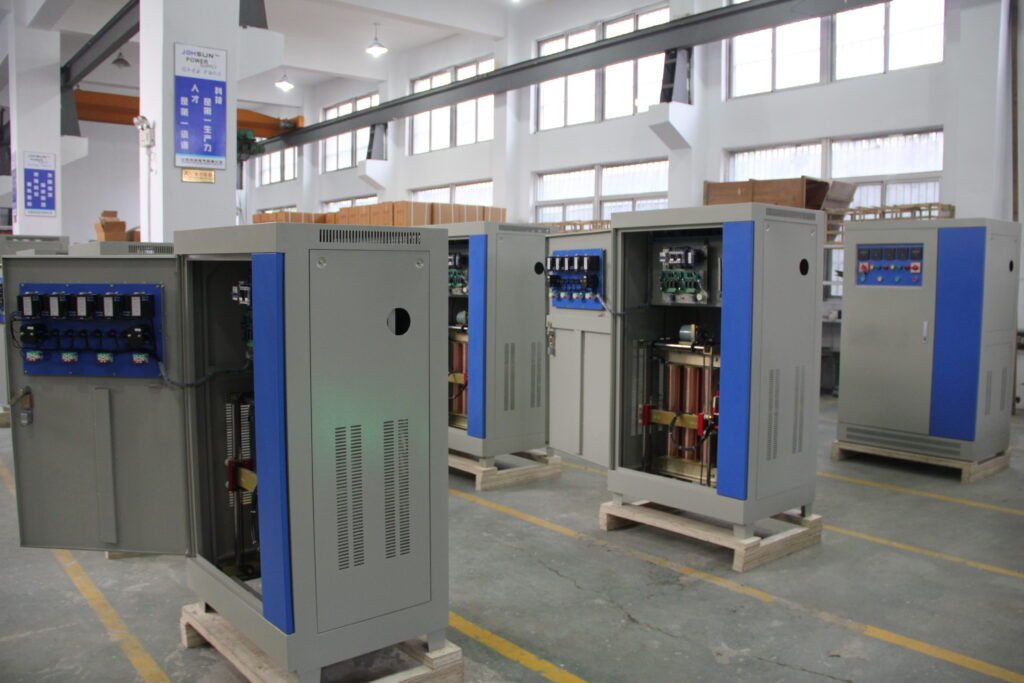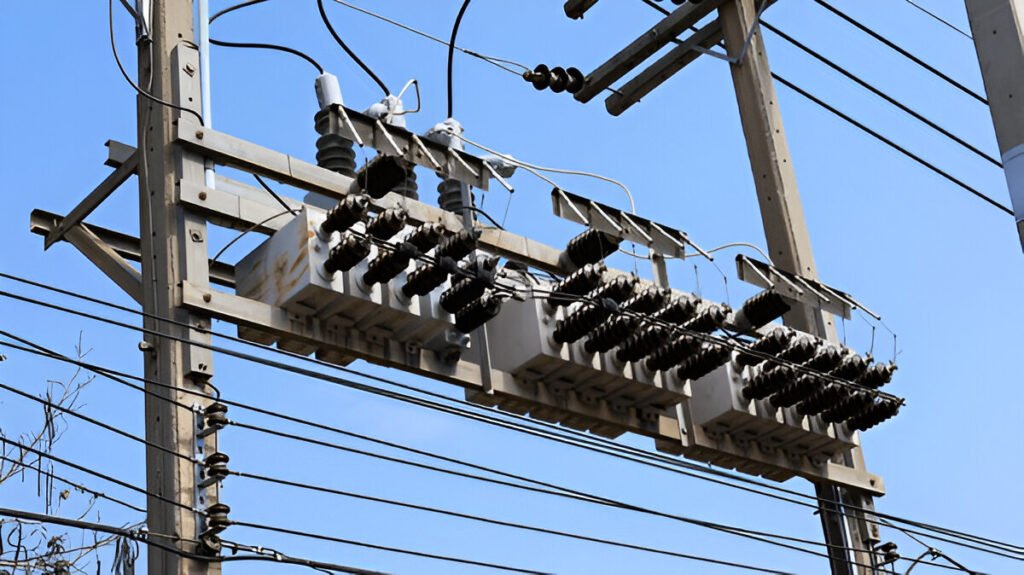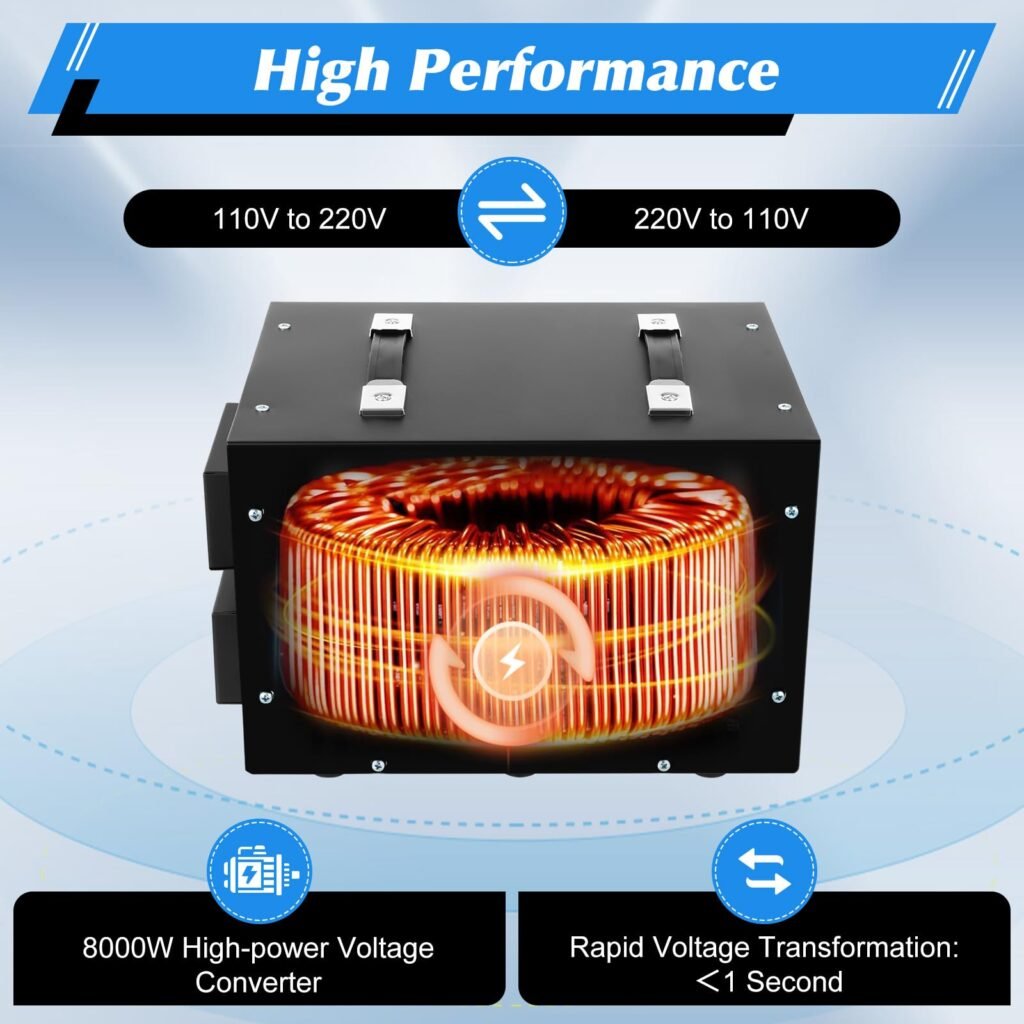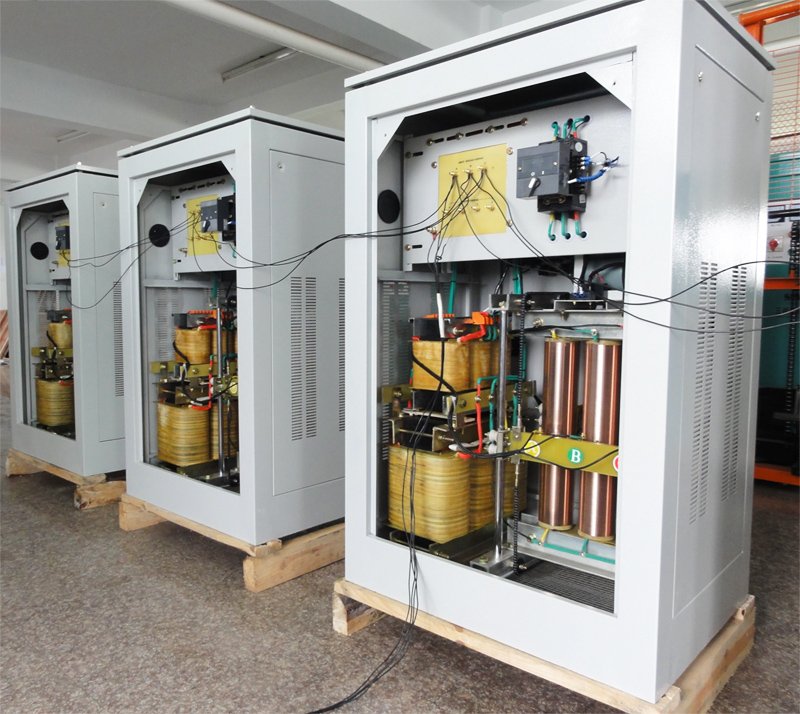Factors to consider when purchasing a voltage stabilizer
Importance of Choosing the Right Voltage Stabilizers
Choosing the right voltage stabilizer is essential to ensure safe operation of electrical equipment. An inappropriate voltage stabilizers may cause equipment performance degradation, increased failure rate, or even permanent damage. Therefore, when selecting a voltage stabilizers, multiple factors need to be carefully considered to ensure that it can meet the needs of a specific application.
Power Requirements
The power capacity of the voltage stabilizers must match the power requirements of the connected equipment. Selecting an underpowered may cause it to be overloaded, thus shortening its service life. Conversely, selecting an overpowered voltage stabilizer will increase unnecessary costs. Therefore, accurately estimating the total power requirements of the equipment is the first step in selecting the right voltage stabilizer.
Input Voltage Range
The input voltage range of the voltage stabilizer should match the local grid conditions. If the input voltage exceeds the working range of the mechanical equipment, it may cause it to fail or even damage the internal components.Therefore, it is important to understand the voltage fluctuations of the local grid and select a voltage stabilizer that can adapt to these changes.
Output Voltage Range
The output voltage range of the voltage stabilizer should match the voltage requirements of the connected equipment. Providing too high or too low a voltage may affect the performance of the equipment or even cause damage. Therefore, it is crucial to ensure that the output voltage matches the rated voltage of the device.
Output Voltage Accuracy
Output voltage accuracy refers to the ability of the regulator to maintain the output voltage near the set value. For some sensitive equipment, such as medical instruments or precision measurement equipment, higher voltage accuracy is required. Selecting a regulator with high-precision output can ensure the normal operation of these devices.
Response time
Response time refers to the time it takes for a voltage regulator to detect a change in input voltage and make corresponding adjustments. For some devices that are very sensitive to voltage fluctuations, such as computers or communications equipment, a faster response time is required. Selecting a voltage regulator with fast response capabilities can minimize the impact of voltage fluctuations on these devices.
Efficiency and energy consumption
The efficiency of a voltage regulator indicates its ability to convert input power into output power. An efficient voltage regulator can reduce energy losses, thereby reducing operating costs. In addition, a less efficient voltage regulator will generate more heat and may require additional cooling measures. Therefore, choosing an efficient voltage regulator can not only save energy but also simplify installation requirements.
Environmental conditions
The operating environment of the voltage regulator can affect its performance and reliability. For example, a voltage regulator used in a hot, humid or dusty environment needs to have a corresponding protection level. In addition, some environments may require an explosion-proof or corrosion-proof voltage regulator. Therefore, considering the installation location and operating environment of the voltage regulator is very important for selecting the appropriate model.
Safety and protection features
The voltage regulator should have appropriate safety and protection features to prevent electrical failures and accidents. Common protection functions include overvoltage protection, overload protection, short-circuit protection, etc. Choosing a voltage stabilizer with perfect protection functions can minimize safety hazards and extend the service life of the equipment.
Brand and after-sales service
Choosing a voltage stabilizer from a well-known brand usually means higher quality and reliability. In addition, good after-sales service is very important to ensure long-term trouble-free operation of the voltage stabilizer. Choosing a brand with a perfect after-sales service network can ensure timely technical support and repair services when problems arise.
Budget considerations
The price of a voltage stabilizer may vary depending on its power capacity, characteristics, and brand. When choosing a voltage stabilizer, it is necessary to balance performance requirements and budget constraints. However, choosing a voltage stabilizer of poor quality may result in more frequent failures and higher maintenance costs. Therefore, choosing a high-quality voltage stabilizer is usually a wise investment when the budget allows.
Choose the right type according to the application scenario
Different types of voltage stabilizers are suitable for different application scenarios. For example, household appliances may require a simple single-phase voltage stabilizer, while industrial equipment may require a more complex three-phase voltage stabilizer. In addition, some special applications, such as medical equipment or laboratory instruments, may require specially designed high-precision voltage stabilizers. Therefore, understanding the characteristics and applicable scope of different types of voltage stabilizers is very important for choosing the appropriate model.





